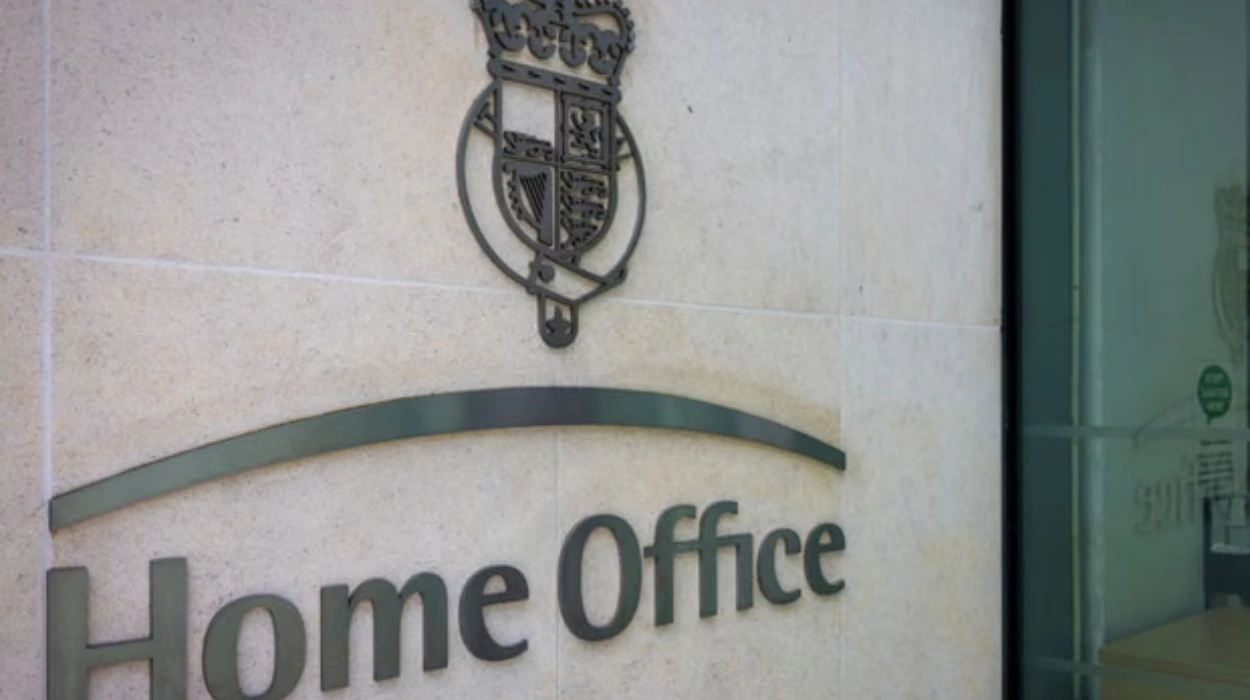UK (Parliament Politics Magazine) – The Home Office has restricted asylum seekers from spending on luxury goods and non-essential services, citing misuse of their weekly allowances and cards.
As reported by The Guardian, the Home Office has limited asylum seekers’ spending, barring purchases of luxury items like armoured cars, snowmobiles, and timeshares.
Asylum seekers living in hotels, banned from working and receiving just £9.95 a week, have no clear way to afford luxury items. While those living in self-catering accommodation receive £49.18 a week, buying extras like flowers could stretch their budgets.
What’s on the Home Office’s blocked list for asylum seekers?
According to the document, known as the Merchant Category Codes blocked list, the codes are standard across UK banking. Americanised codes are used under Visa and Mastercard rules.
The blocked list covers expensive items such as boat rentals, furs, and antique reproductions. It also limits everyday essentials like audiobooks, cards, and toys. Non-essential experiences, including fortune tellers, carnivals, and aquariums, are also included.
What did the Home Office say about new restrictions on public funds?
The internal Home Office document states,
“The department has recently taken the decision to block specific Merchant Category Codes (MCCs) as a targeted measure to ensure that public funds should be used for the purpose for which they are provided: to support essential living needs.”
It added,
“These restrictions are designed to uphold the integrity of public assistance programmes by preventing expenditure on goods and services that fall outside the scope of essential living needs – such as entertainment, luxury items and non-essential personal services.”
The new restrictions took effect on 11 August 2025. Any attempt to purchase banned items will be declined at checkout.
Officials recognised the measure may restrict asylum seekers from buying certain necessities. An inquiry is underway to see if blocking specific merchants, rather than whole categories, could help.
What did the Home Office say about changes to the Aspen card system?
A Home Office spokesperson stated,
“Ministers recently ordered a review of the Aspen card system to investigate and address reports of misuse.”
They added,
“As part of this review, the list of permitted spending categories was immediately revised to ensure that financial support provided to asylum seekers is used strictly for essential living needs. We will announce any further changes to the current system in due course once the ongoing review is complete.”
What did Care4Calais say about the Home Office’s blocked list?
Steve Smith, the CEO of the charity Care4Calais, stated,
“This list demonstrates how out of touch politicians are with the realities of life for people seeking sanctuary in this country. People seeking asylum are receiving as little as £10 per week in financial support. They aren’t buying the ‘luxury items’ the Home Office is suggesting.”
He added,
“Every week, our volunteers are handing out essential items, like deodorant, socks and nail clippers. This is yet again about making life as difficult, and quite frankly as miserable as possible, for people seeking sanctuary in the UK, and that is morally abhorrent from a Labour government.”
Asylum seekers living in hotels face severe hardship, and those supporting them say the situation is dire. Children often cannot eat the meals provided. Families are forced to use their small weekly allowance to buy suitable food.
The charity said many asylum seekers walk in flip-flops and T-shirts even in sub-zero temperatures.
It reported that one asylum seeker tried to pay a £1.70 library fine with an Aspen card, but the payment was rejected. Another was prevented from paying for a haircut using the same card.
What did Charlie Falconer say about government action on asylum hotels?
Former lord chancellor Charlie Falconer said the government was right to take the Epping case to the Court of Appeal. He stressed that people want swift measures to shut asylum hotels.
He stated,
“We’ve obviously got to move forward in relation to closing the hotels and also stopping the crossings.”
Mr Falconer said,
“The government always has the burden of doing what’s possible and the government is doing the right thing in relation to it, but there’s a lot more to do, and if we don’t, as a government, do it, then you’ll see those opinion polls raised yet further for Reform, because they don’t have the burden of having to be practical.”
Key facts about asylum seekers in the UK
By June 2025, the UK received 111,084 asylum applications, up 14% from last year, mainly from Pakistan, Afghanistan, Iran, and Eritrea.
Most applicants were adult men (62%) or children (18%), arriving by small boats (39%) or visas (37%). The initial approval rate fell to 39%, though many refusals are later overturned on appeal.


